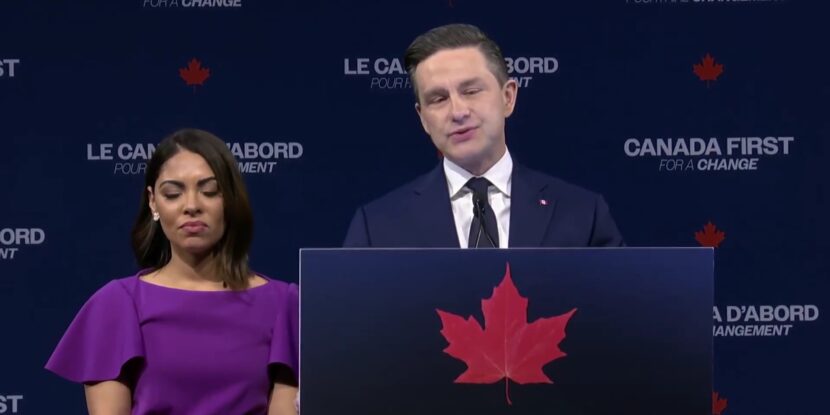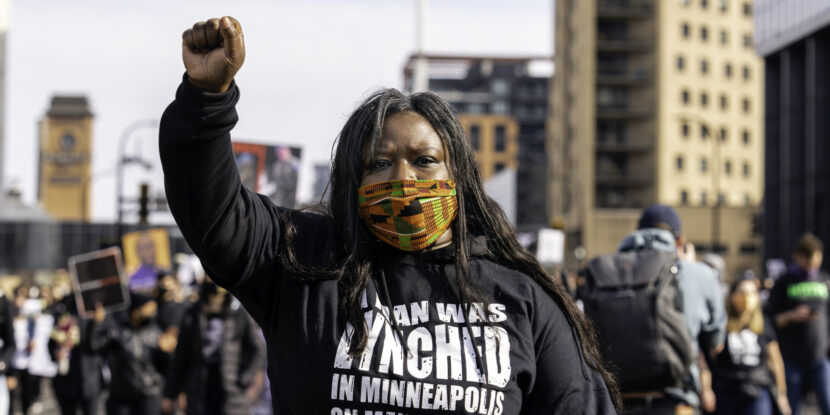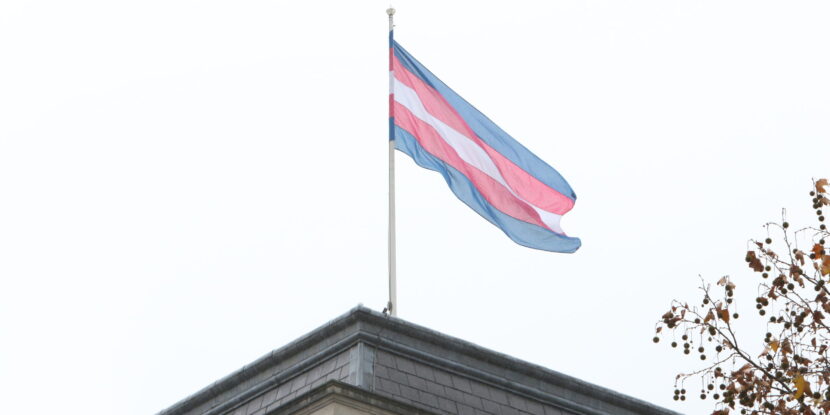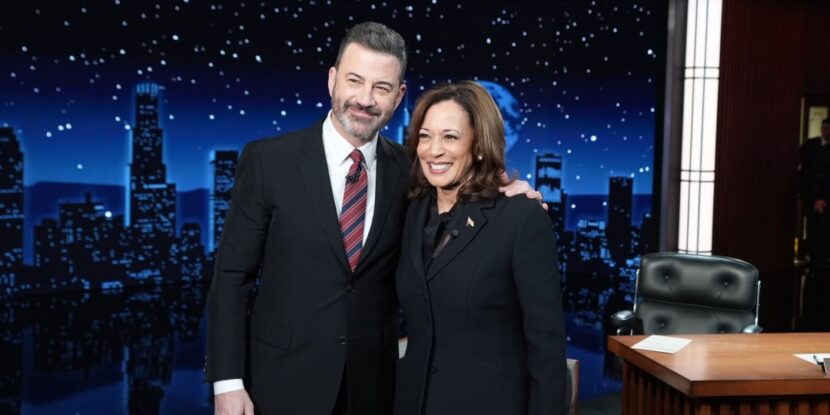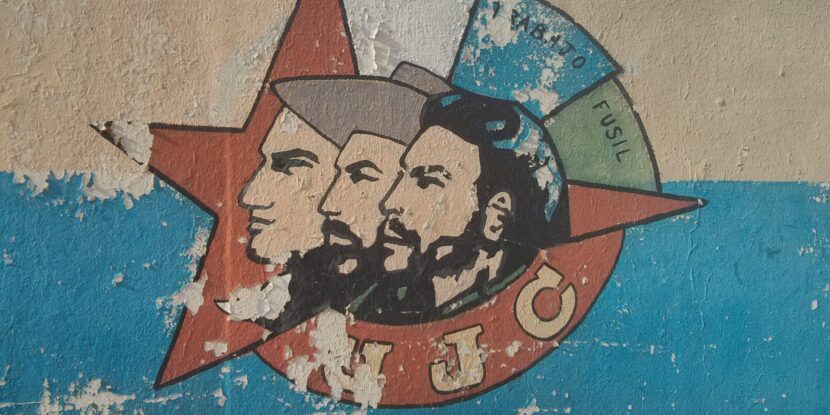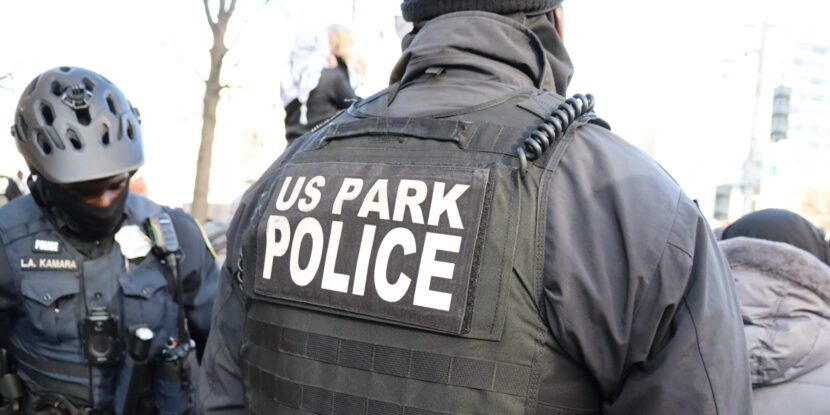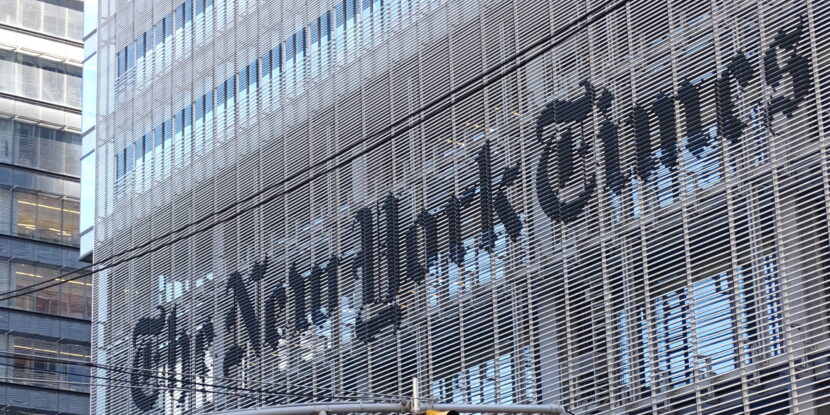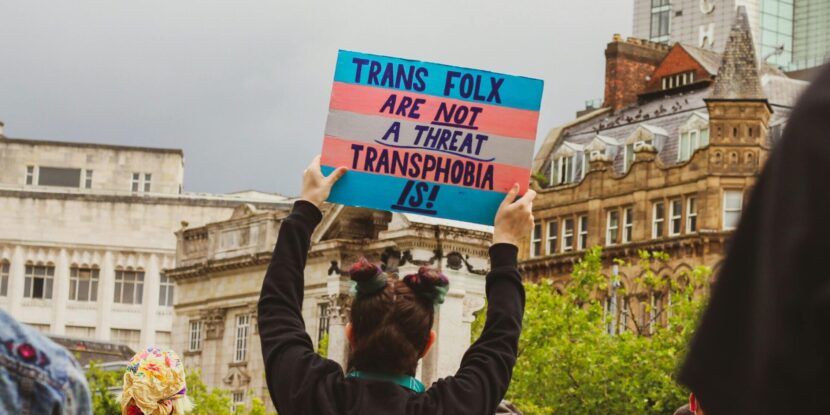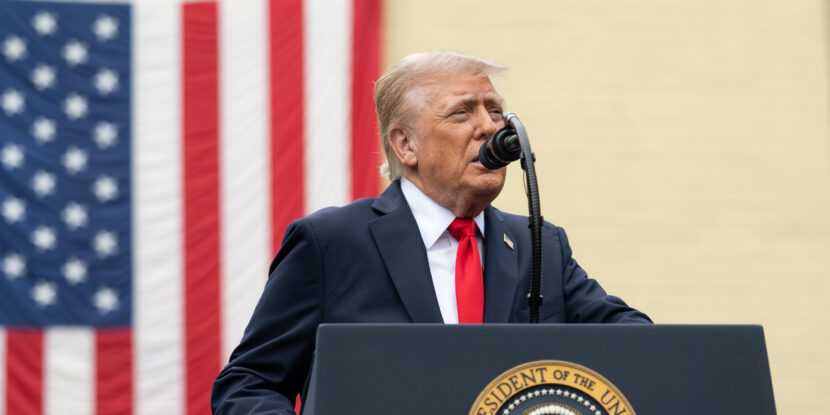PULSE POINTS:
❓What Happened: Canadian Conservative Leader Pierre Poilievre was defeated in his Carleton, Ontario riding (electoral district) by Liberal candidate Bruce Fanjoy. Poilievre received 38,581 votes, while Fanjoy secured 42,374 votes. The Liberal Party, led by Prime Minister Mark Carney, maintained national leadership, although in a minority position.
👥 Who’s Involved: Key figures include Pierre Poilievre, Bruce Fanjoy, Prime Minister Mark Carney, and New Democratic Party (NDP) Leader Jagmeet Singh.
📍 Where & When: The elections took place on Monday across Canada, including Poilievre’s riding in the Ottawa-area Carleton, Ontario.
💬 Key Quote: Poilievre tried to spin the party’s failure, saying, “We got the highest share of the vote our party has received since 1988.”
⚠️ Impact: The loss raises questions about Poilievre’s future as Conservative leader. The Liberals continue in government with minority rule, holding 168 seats. The Conservatives were a reasonably close second, gaining seats nationwide.
IN FULL:
Canadian Conservative Party Leader Pierre Poilievre has been unseated in his Ottawa-area riding (electoral district) of Carleton by Liberal candidate Bruce Fanjoy. The election results saw Poilievre garnering 38,581 votes while Fanjoy secured 42,374. This victory for Fanjoy is significant against the backdrop of the national elections, where Prime Minister Mark Carney’s Liberal Party retained control of the government, albeit with a minority, returning to Parliament with 168 seats.
Poilievre’s defeat in Carleton marks a notable change, as he has held this seat since 2004. His loss is a striking personal rebuke, given the Conservative Party’s national performance, which saw them gain over 20 seats despite their failure to oust the Liberals. In Canada, as in the United Kingdom, Prime Ministers and opposition leaders typically operate from within Parliament, leaving Poilievre’s leadership in doubt.
The Conservatives were making headway in the polls earlier in the year, at one point enjoying a 20-point lead. These figures shifted following the resignation of unpopular former Prime Minister Justin Trudeau and the subsequent installation of Carney as leader of the Liberals. Some perceived Poilievre as adopting a stance that was too soft with respect to the ongoing trade dispute between Canada and the U.S., while others believe he became too focused on criticizing U.S. President Donald J. Trump rather than the Liberal government. At the same time, many grassroots conservatives were wary of his apparent weakness on immigration, reducing motivation to vote for his party.
While addressing party members, Poilievre attempted to put a brave face on the national results, saying, “We got the highest share of the vote our party has received since 1988.”
New Democratic Party Leader Jagmeet Singh also lost his seat in Vancouver and has opted to resign as party head. The leftist party was battered badly in the elections and is currently projected to lose around two-thirds of its seats.
